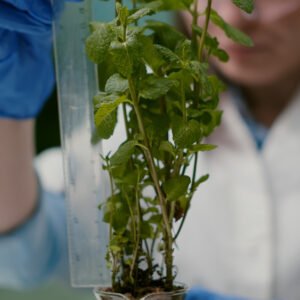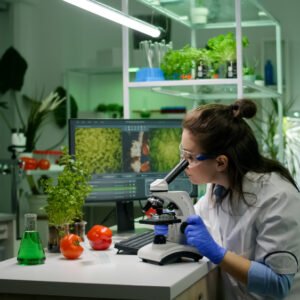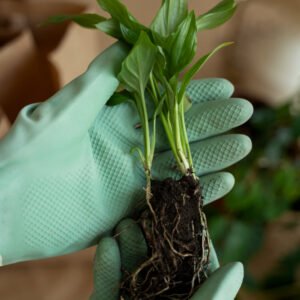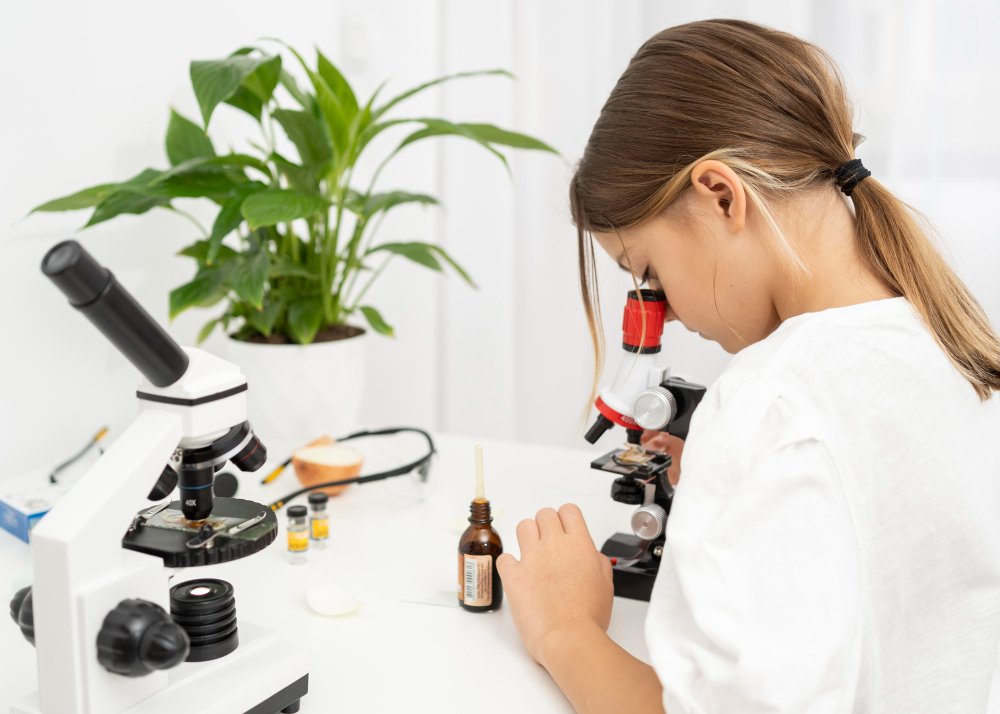This course focuses on the study of plant diseases, their causes, and methods for their control. Students will learn about the biology of plant pathogens, including fungi, bacteria, viruses, and nematodes. The course covers disease diagnosis, epidemiology, and integrated pest management strategies. Laboratory sessions will involve isolating and identifying pathogens, and fieldwork will include disease surveys and management practices. This knowledge is crucial for careers in agriculture, horticulture, and plant protection.
Plant Pathology
Related products
-
 Add to cart
Add to cartThis course delves into the physiological processes that govern plant life. Students will study how plants perform essential functions such as photosynthesis, respiration, transpiration, and nutrient uptake. The course also covers plant hormones, signal transduction, and stress physiology. Through lectures, laboratory exercises, and field studies, students will gain an in-depth understanding of how plants adapt…
-
 Add to cart
Add to cartThis course provides an in-depth study of plant classification and identification. Students will learn the principles of taxonomy, including the use of keys, manuals, and molecular techniques to identify plant species. The course covers the evolutionary relationships among plants, the history of plant classification systems, and current trends in plant systematics. Practical sessions will involve…
-
 Add to cart
Add to cartThis course covers the principles of plant genetics and the techniques used in plant breeding to improve crop varieties. Students will learn about genetic inheritance, DNA structure and function, gene expression, and genetic variation. The course also explores traditional and modern plant breeding methods, including hybridization, mutation breeding, molecular markers, and genetic engineering. Case studies…
-
 Add to cart
Add to cartThis course explores the fascinating world of medicinal plants and their applications in natural and ayurvedic medicine. Students will learn about the historical and cultural significance of medicinal plants, the active compounds responsible for their therapeutic effects, and the scientific basis for their use. Topics include plant-based remedies for common ailments, the preparation and administration…
-
 Add to cart
Add to cartIn this course, students will explore the internal structure of plants at the cellular, tissue, and organ levels. Topics include the study of plant cells, tissues (meristematic, ground, vascular, and dermal tissues), and the anatomy of roots, stems, leaves, and flowers. Emphasis is placed on microscopic techniques and laboratory work, allowing students to observe and…


